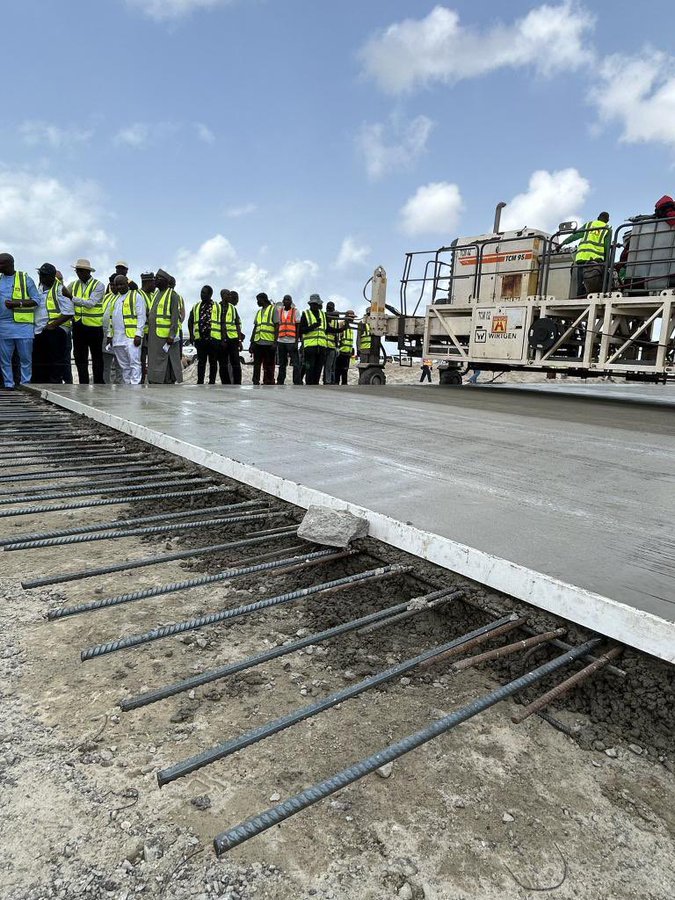The Federal Government of Nigeria has announced a major review of the ambitious Lagos-Calabar Coastal Road project, aiming to reduce both the cost and the number of lanes.
Minister of Works, David Umahi, revealed the changes during a visit to the ongoing project site on Friday. According to Umahi, the decision to revise the original plan became necessary due to significant design variations and unexpected challenges that emerged during the construction process.
“The Lagos-Calabar Coastal Road project will now feature six lanes instead of the previously planned ten,” Umahi confirmed, adding that the project’s cost would be lowered as a result of the changes.
The review is expected to streamline the project and address issues that have arisen as work progresses. These include the need to clear refuse up to 10 meters deep in some sections of the road, a task that was not fully accounted for in the original design.
Umahi also highlighted other adjustments to the initial plan, including changes to the construction methods. “Part of the land will now be repurposed to create a service lane for local communities along the road’s path,” the minister explained.
The minister went on to acknowledge the support of President Bola Tinubu, whose backing has been crucial in ensuring the project moves forward despite these challenges. Umahi added that efforts would be made to preserve key structures along the route, balancing development with environmental considerations.
A significant change in the design will also involve the construction of retaining walls in critical sections of the road. The Landmark section, in particular, will benefit from this measure, which is aimed at ensuring the road’s long-term stability and durability.
The minister’s remarks were part of an ongoing effort to keep Nigerians informed about the progress of one of the country’s most ambitious infrastructural projects. The Lagos-Calabar Coastal Road, a vital transportation route expected to span over 750 kilometers, is seen as key to improving connectivity between Lagos and the southeastern parts of Nigeria.
In addition to the lane reductions, Umahi disclosed that the entire stretch of the road would be equipped with modern amenities. These include solar-powered streetlights, security cameras, and strategically placed security points to ensure the safety of road users. Environmental protection will also be a priority, with tree planting initiatives being incorporated into the design to enhance the road’s aesthetic appeal and contribute to green initiatives.
“Solar-powered streetlights and security cameras will ensure that the road is both safe and sustainable,” Umahi said, stressing the importance of these additions for both security and environmental benefits.
The review of the Lagos-Calabar Coastal Road project is part of a broader strategy by the government to balance ambitious infrastructure development with financial constraints. With a focus on cost reduction and efficiency, the government hopes to make the project more viable while maintaining its potential to significantly improve the country’s transportation network.
Umahi also confirmed that the first 20 kilometers of the road would be among the key projects scheduled for completion before May 29, 2026. The government’s goal is to inaugurate this section as part of the broader infrastructure push to improve the country’s road network.
The revision of the Lagos-Calabar Coastal Road project has been met with mixed reactions. While some have welcomed the cost-saving measures, others are concerned that reducing the number of lanes may affect the road’s capacity to handle future traffic demands.
However, Umahi reassured stakeholders that the government would remain committed to delivering a road that serves the needs of both the economy and the people. “We are adjusting to the realities on the ground, ensuring that this vital infrastructure project will benefit all Nigerians in the long term,” he stated.

